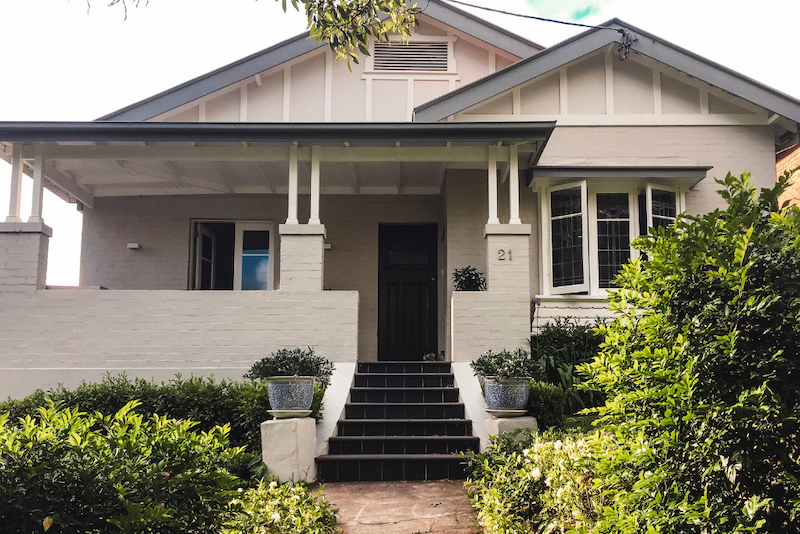
Sometimes couples separating find themselves in a situation where both people think they should stay in the family home and that the other should live elsewhere. When they can’t agree, it gets left to the courts to decide.
–
In these situations one person will usually bring an application to the Family Court for sole occupancy of the marital home. There are a variety of different factors that the courts consider in reaching a decision, including:
- The financial resources of each person and their ability to pay for suitable rental accommodation.
- Which person any children live with primarily.
- Each person’s ability to maintain and care for the property.
- Either parties need to stay in the home (e.g. If one person runs a business from the property).
- Availability of other accommodation (i.e. family options).
- Convenience to work and school.
- Who has remained in the home (if someone has left) after separation
Case Study: Chadbourne & Chadbourne [2021] FCCA 378 (2 March 2021)
This case involved a separated couple who had two children, aged 3 and 16. The marital home was in the husbands name.
The wife and the children had been living with her parents, where the two kids shared a bedroom. She brought an application to the court for Sole Occupancy of the marital home, in accordance with section 114 (1)(f) of the Family Law Act 1975 (Cth).
She Argued that her and the kids current accommodation at her parent’s home was cramped and unsuitable. The husband argued that he needed the family home to operate his business from and store his equipment.
The court took into account a number of different factors in reaching a decision, including the fact that the:
-
- The home was located on acreage with some livestock – while the wife had said that she was able to manage the farm, she had failed to provide any evidence of doing so during the relationship.
- The wife had steady and reliable employment, a regular income and share portfolio and didn’t demonstrate financial hardship or an incapacity to fund a suitable rental property.
- The husband needed a base to operate his business from and store equipment.
The court held the view that it would be very difficult for the wife to attend to the maintenance of the farm, care for the livestock, care for two young children and continue her employment as a public servant.
After balancing all the considerations, the court dismissed the wife’s application for exclusive occupancy of the former matrimonial home.
If you’ve recently separated and struggling to reach agreement with your ex on who should stay in the family home, or other issues, and need advice – we’re here to help. We can help you understand how the law applies to your situation, assist with mediation or applying for a court order.




